Topic: Discipline
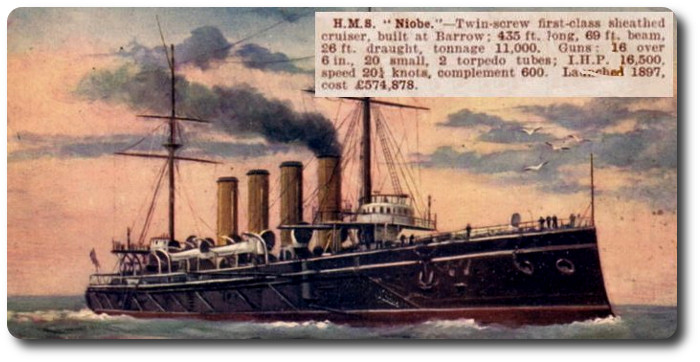
Discipline for the Canadian Navy
Disparaging remarks made in a mess concerning those in authority, whether officers or petty officers, are most subversive to discipline, and soon become known all over a ship.
From the Report of Admiral of the Fleet Viscount Jellicoe of Scapa, G.C.B., O.M., G.V.C.O., on Naval Mission to the Dominion of Canada (Nov-Dec 1919)
(These notes are part of a chapter on discipline under the referenced report, provided to assist in the re-establishment of the Canadian Navy following the First World War.)
The following recommendations are made on the general subject in the hope that they will be found useful in a young service:—
(a) Lectures on discipline and its value should be given to:—
(i.) Petty officers in the depot.
(ii.) Boys in the training ship.
(iii.) Stokers in the training ship.
(b) Officers, and particularly the officers of divisions, must be taught that their first duty is the well-being of those under them. Tho this end they must take a great interest in the men's work and recreations, and get to know those under their orders. Kindness and courtesy should always be shown without familiarity or loss of respect being engendered. Men should be able to feel that the officer of their division is one to whom they can always appeal when in difficulty.
(c) Officers must thoroughly realize that the more efficient they are at their work the easier it is to command men. They should not spare themselves, and it should be a proved fact that they never call on a man to perform any duty which they cannot do themselves. (This cannot in many cases apply to technical craftsmen.)
(d) The attention of officers should be called to the necessity of not flaunting their advantages over the men. As an example in this direction, it is sometimes thoughtless for large numbers of officers to go on shore as soon as a ship anchors and long before any liberty men can land. Judgment should be exercised in these matters.
(e) Senior officers should not, as a rule, correct individual men for mistakes made but should call the attention of the officer or petty officer in charge of the work to the mistake, in order that the latter might have it corrected.
(f) Officers and petty officers should be taught to give words of command smartly. Slovenly methods of giving orders will never produce good results and smartness.
(g) Officers should be most carefully instructed in the best methods of investigating the cases of men brought up before them charged with various offences. They must thoroughly understand that the "accused" is not an offender unless the charge is proved against him. They must exercise patience and restraint in dealing with all cases brought before the, constantly bearing in mind the fact that it must be clear to every one that they are certain of obtaining justice. The old service custom by which accused men take off their caps during the investigation of their cases is out of date, being now generally considered to be a humiliation to which a man who is under trial should not be subjected. I have recommended to the Admiralty that it should be discontinued.
(h) All officers must set an example to their men by showing the greatest courtesy and respect towards their superior officers and consideration towards theuir juniors. Disparaging remarks made in a mess concerning those in authority, whether officers or petty officers, are most subversive to discipline, and soon become known all over a ship.
(i) Having deputed an officer or man to carry out a task, he should, if circumstances admit, be given an opportunity of completing the work, as the act of taking it out of his hands I a humiliation which will give pain, particularly if undeserved. Here, again, judgment must be exercised, as many cases arise in which for efficiency's sake it is best to interfere. The above remarks must, however, be constantly borne in mind. Self-restraint will often need to be exercised in carrying them into effect.
(j) Men should be taught correct deportment by drill.
Rifle exercises have an excellent result in this direction when properly carried out. These consist of:—
(i.) Disciplinary rifle exercises.
(ii.) Rifle exercises having a direct military purpose.
The distinction between these and the reason for each should be carefully explained to the men.
Men must be taught that when called to "Attention" they must rigidly maintain this attitude, and failure to do so should be regarded as an offence; they should, however, never be kept at "Attention" for longer periods than are necessary, as it then becomes impossible to maintain the correct attitude.
Officers in charge of instruction should drill their men before turning this duty over to an instructor. The officer should aim at being able to demonstrate that he can drill them better than the instructor.
Life on board ship brings people into very close contact, if not into collision, and every one must bear in mind the necessity for exercising tolerance toward others and endeavouring to "pull together" for the good of the ship and the Service; at the same time, smartness and efficiency must be the essentials for which every one is working.
The promotion of a strong sense of esprit de corps in a body of officers and men, whether belonging to a ship or any other unit, will prove to be of great assistance in the maintenance of discipline; consequently this should be aimed at.
Whilst endeavouring to instil a high sense of duty and good discipline in its best form into the personnel, everything possible should be done that will add to the comfort of the ships' companies. Great attention should be paid to the diet, as regards its composition and the method of its preparation.
Men's living quarters should also be made as comfortable as possible, and good facilities provided for reading and writing, amusements, playing games, washing, stowage of kits, etc.
Married men should, whenever possible, be given facilities for seeing their families.


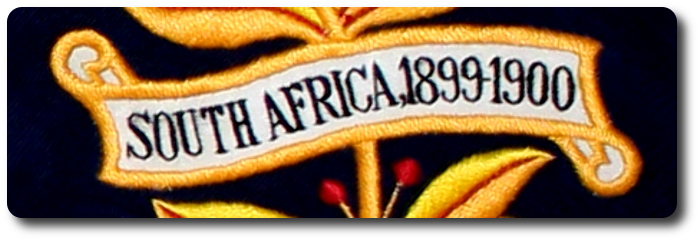
 Ottawa, October 17.—An intimation was received from the War Office yesterday to the effect that instead of eight companies being attached to eight different British regiments, they will be kept intact as one regiment. Quebec will be the port of embarkation, and thither all supplies are being sent.
Ottawa, October 17.—An intimation was received from the War Office yesterday to the effect that instead of eight companies being attached to eight different British regiments, they will be kept intact as one regiment. Quebec will be the port of embarkation, and thither all supplies are being sent.
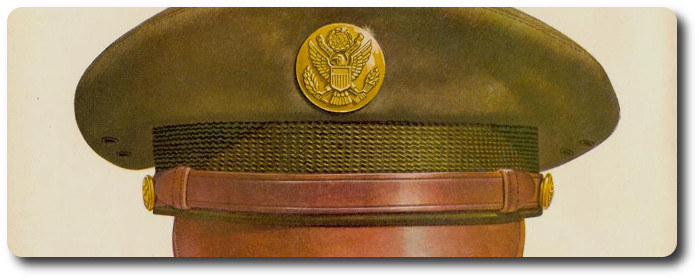

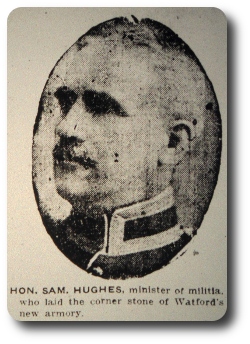 The Daily Sun, St. John, N.B., 15 July 1904
The Daily Sun, St. John, N.B., 15 July 1904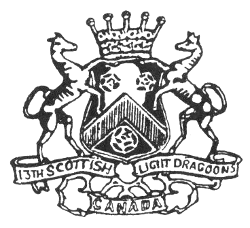 "I am informed that it has appeared in the newspapers that amongst the officers this gentlemen (Fisher) was instrumental in forcing on the Dragoons, two of them are no credit to anybody. One of them came into Laprairie camp with a pair of garters and a little spur screwed into the heel of the garter so that he could not ride, and he had two swords, one on his right and one on his left, and one splendid black eye. He remained in camp long enough to make an exhibition of himself and then he was sent home. I may be wrong, but I understand that these are the facts. Another of the minister of agriculture's officers for some offence was brought before the civil authorities and fines $20 or some other large sum for breach of the civil law. These are two of the men that the minister of agriculture held up the Scottish Light Dragoons to appoint, and as a result of which we have lost the best general officer commanding that ever stood on Canadian soil."
"I am informed that it has appeared in the newspapers that amongst the officers this gentlemen (Fisher) was instrumental in forcing on the Dragoons, two of them are no credit to anybody. One of them came into Laprairie camp with a pair of garters and a little spur screwed into the heel of the garter so that he could not ride, and he had two swords, one on his right and one on his left, and one splendid black eye. He remained in camp long enough to make an exhibition of himself and then he was sent home. I may be wrong, but I understand that these are the facts. Another of the minister of agriculture's officers for some offence was brought before the civil authorities and fines $20 or some other large sum for breach of the civil law. These are two of the men that the minister of agriculture held up the Scottish Light Dragoons to appoint, and as a result of which we have lost the best general officer commanding that ever stood on Canadian soil."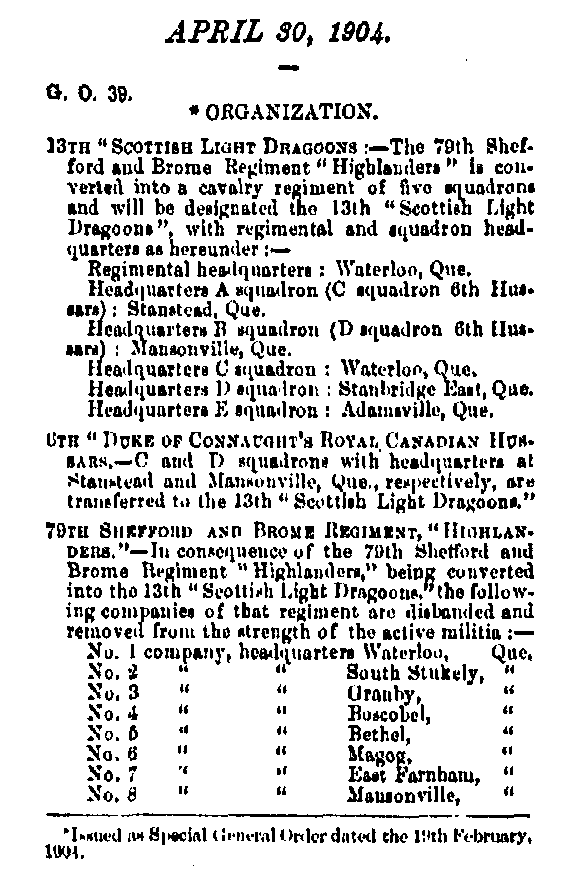
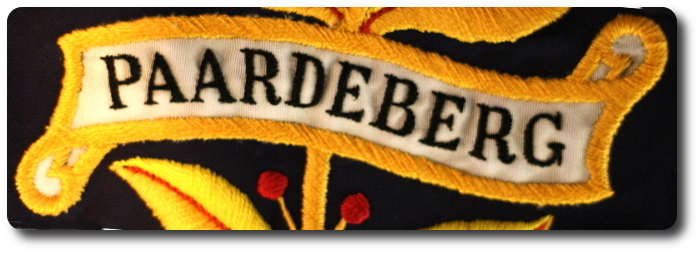
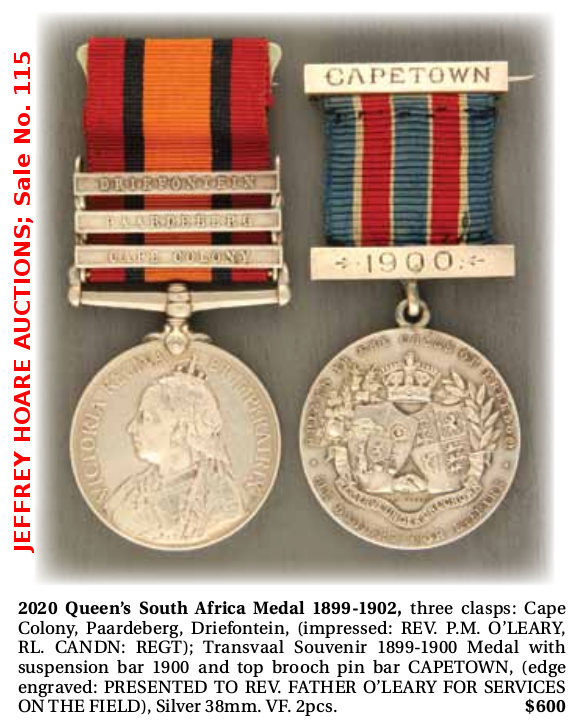


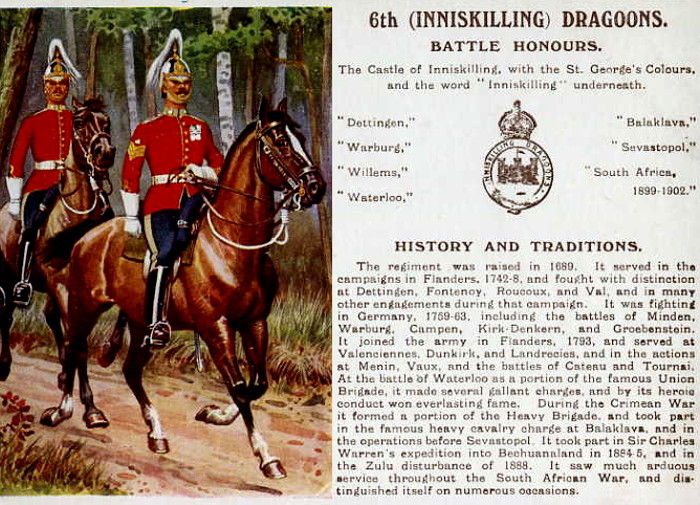
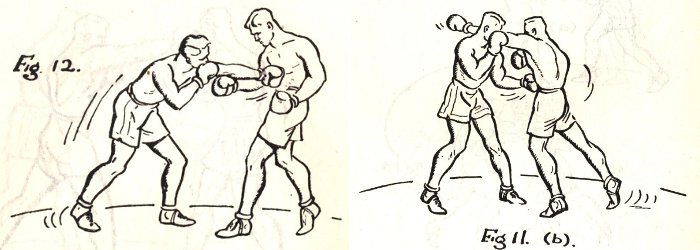
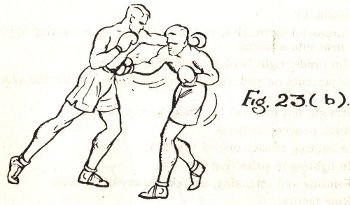

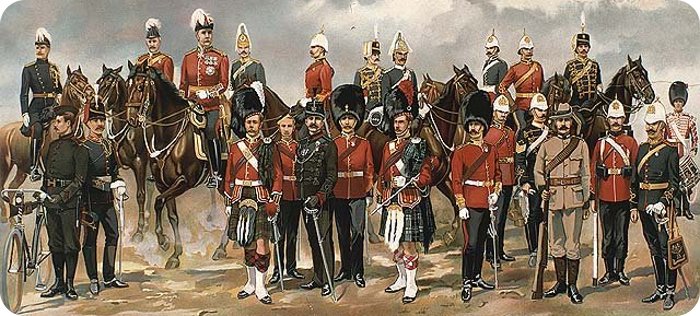
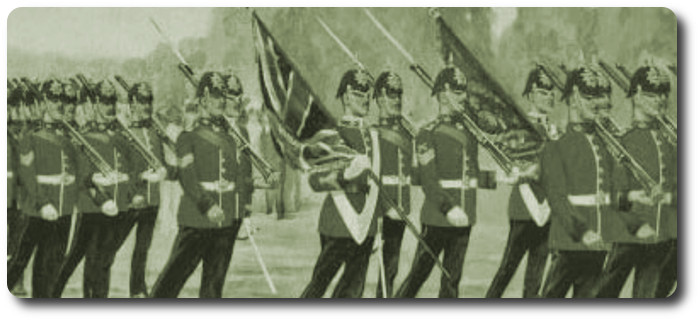

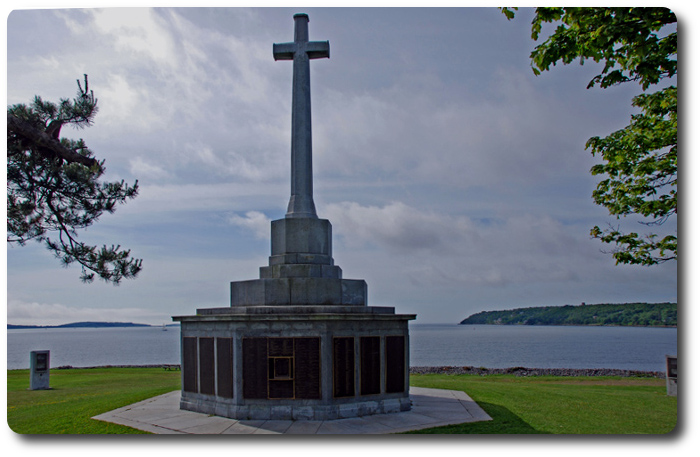
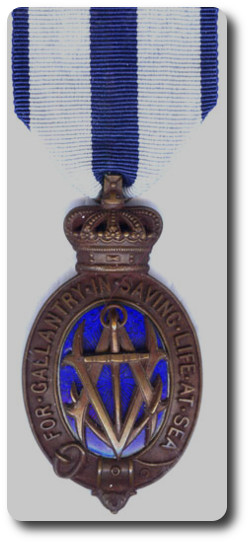 The KING has been graciously pleased to approve of the posthumous award of the Albert Medal for gallantry in saving life at sea to:—
The KING has been graciously pleased to approve of the posthumous award of the Albert Medal for gallantry in saving life at sea to:—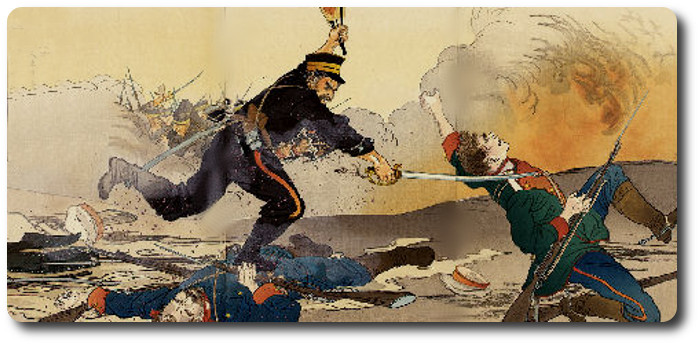
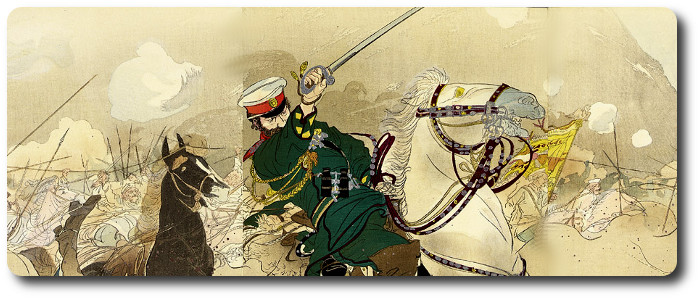
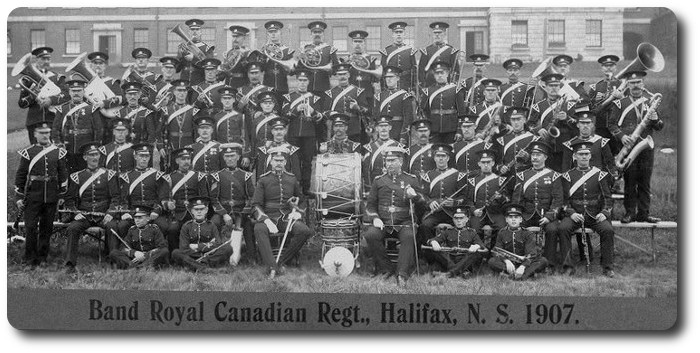
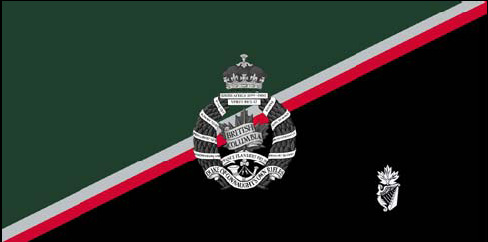


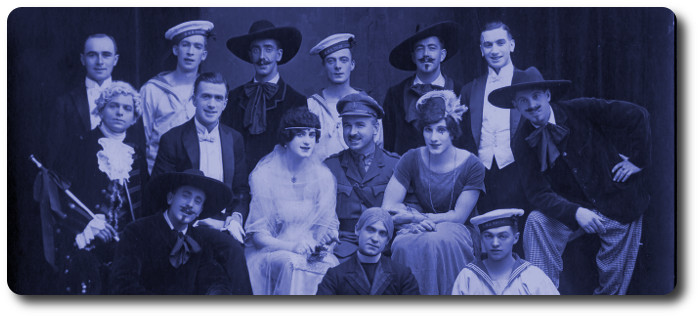
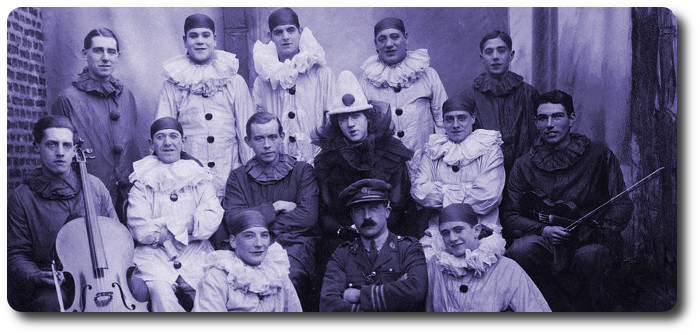
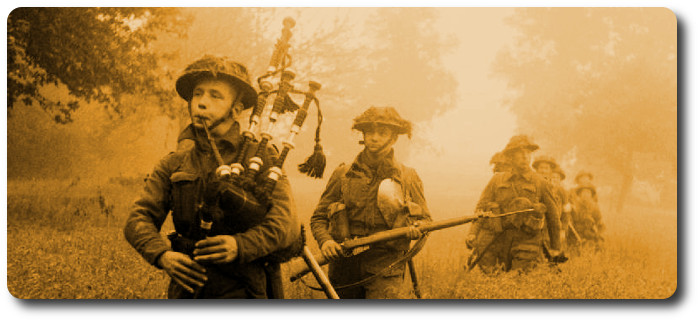
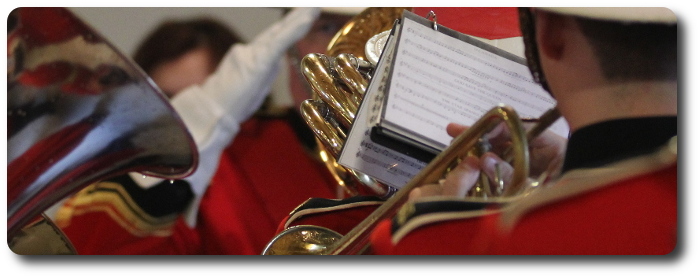

 An inconvenience has lately arisen from soldiers of the Militia Force now called out for service in the Province, having been found at considerable distance from their station, without proper passes signed by their Commanding Officers, and as expense has likewise been incurred by their apprehension as Deserters by some of the look-out parties on out-post duty for the purpose of preventing Desertion, the Lieutenant-General Commanding, although believing that the absence of these men from their Corps or Detachment, without proper passes, doubtless arose from ignorance of the custom and usage of the Army, desires to caution in the most public manner he can, not only them, but the Militia Force generally, who are now called out for duty, as well as to warn their friends throughout the Province, who might from ignorance of the serious nature of the crime of absence without leave on the part of soldiers prevail upon them from mistaken friendship or kindness to absent themselves, and of the danger these men thereby run of being apprehended and tried by Court Martial for Desertion : The Lieutenant-General has been informed that some of these men who have been taken up, were not dressed in their proper uniform, therefore if the men who absent themselves from their Corps without leave and who are taken up thus improperly dressed, were they tried by Court Martial for desertion, there is little doubt they would be convicted.
An inconvenience has lately arisen from soldiers of the Militia Force now called out for service in the Province, having been found at considerable distance from their station, without proper passes signed by their Commanding Officers, and as expense has likewise been incurred by their apprehension as Deserters by some of the look-out parties on out-post duty for the purpose of preventing Desertion, the Lieutenant-General Commanding, although believing that the absence of these men from their Corps or Detachment, without proper passes, doubtless arose from ignorance of the custom and usage of the Army, desires to caution in the most public manner he can, not only them, but the Militia Force generally, who are now called out for duty, as well as to warn their friends throughout the Province, who might from ignorance of the serious nature of the crime of absence without leave on the part of soldiers prevail upon them from mistaken friendship or kindness to absent themselves, and of the danger these men thereby run of being apprehended and tried by Court Martial for Desertion : The Lieutenant-General has been informed that some of these men who have been taken up, were not dressed in their proper uniform, therefore if the men who absent themselves from their Corps without leave and who are taken up thus improperly dressed, were they tried by Court Martial for desertion, there is little doubt they would be convicted.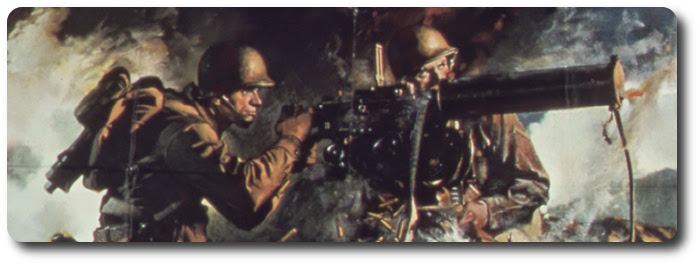
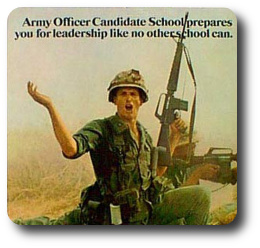
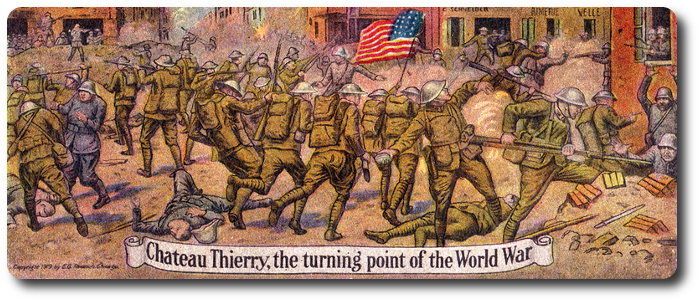
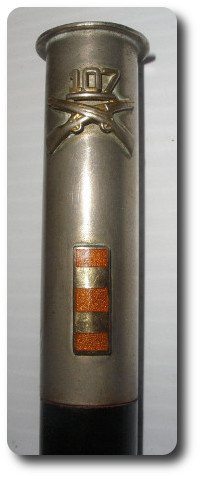 Swagger Sticks
Swagger Sticks